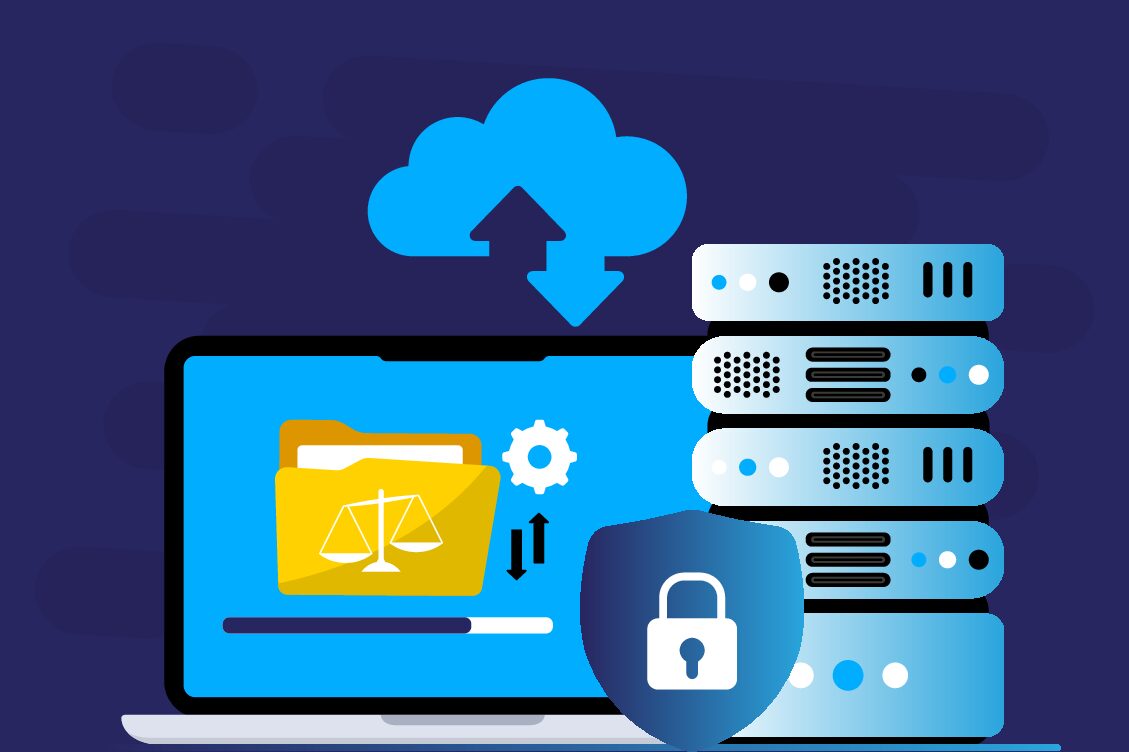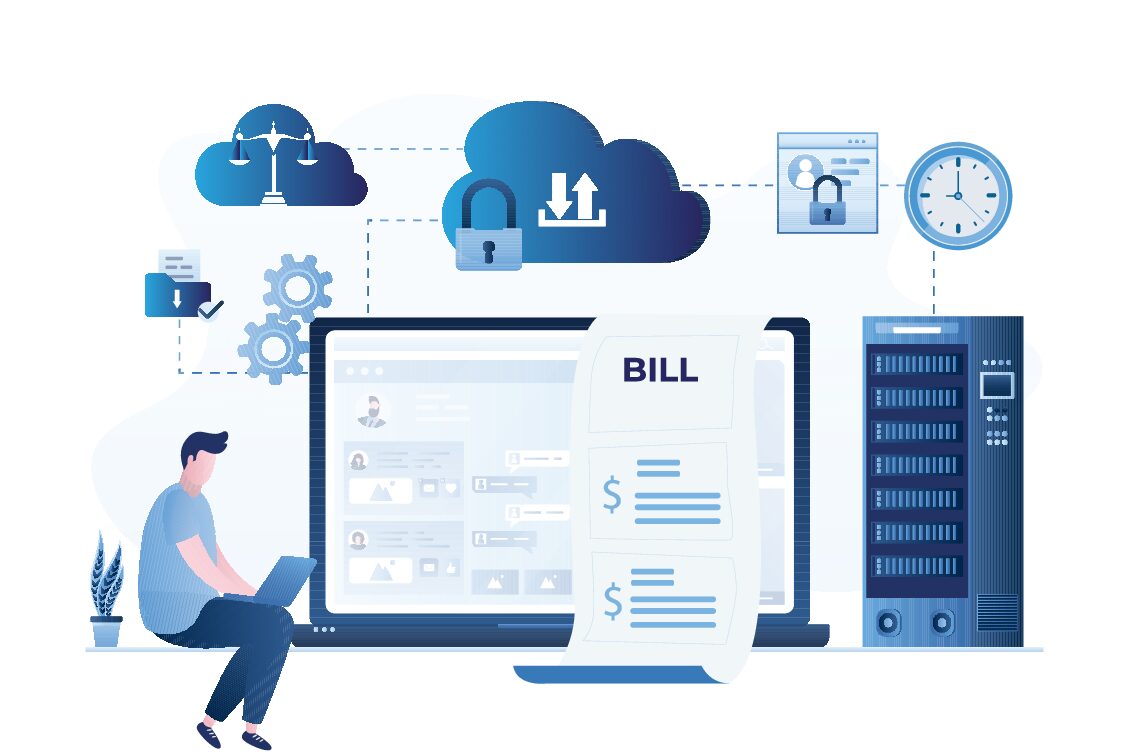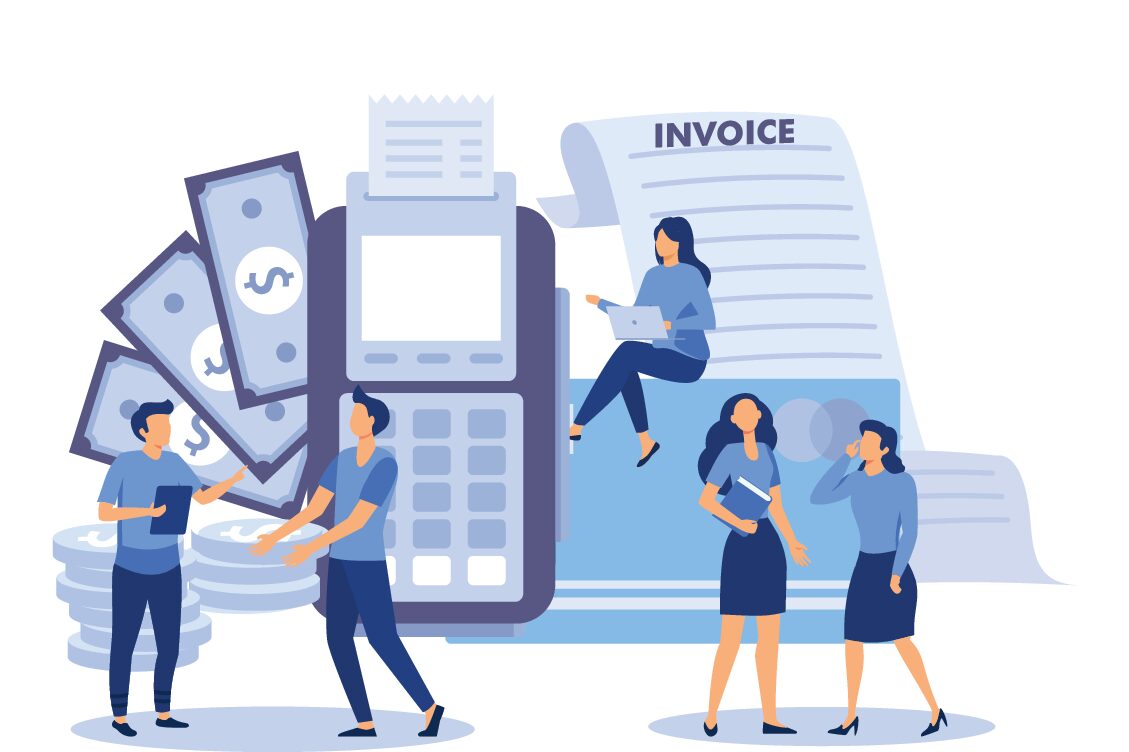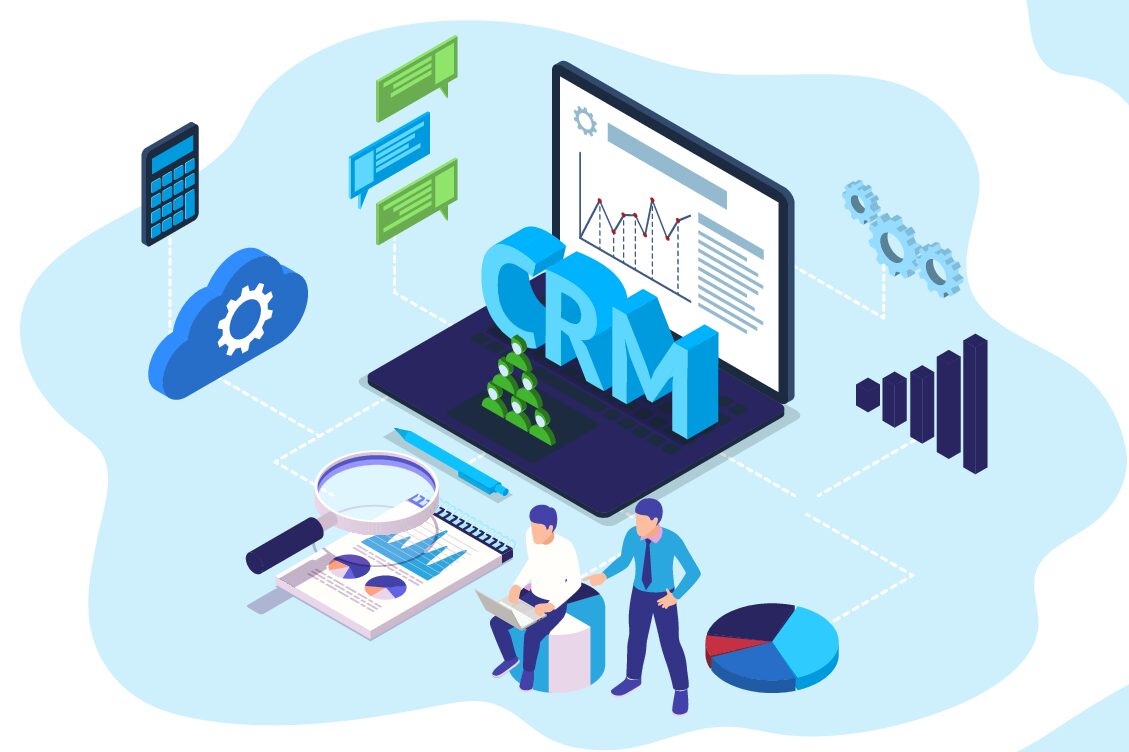The sheer amount of information that a law firm keeps track of—even for just a single client—is mind-boggling. Keeping documentation, payment information, trust account transactions, and client messages easily accessible can be difficult for even the most organized attorneys.
Enter: the client portal.
A well-built client portal is time-saving, firm-changing software with the potential to overhaul the entire daily workflow of your law firm. If you’ve ever said to yourself, “If only I had more hours in a day…” your firm would likely benefit from a client portal.
Of course, making any major change to the software your firm uses comes with pros and cons. Below, we examine each to help you decide whether a client portal is the right solution for your team.
Pros of Client Portals for Law Firms
Easily sharing information, offering self-serve convenience to clients, and creating a central place to store all relevant client information? These are just some of the reasons both clients and attorneys love client portals. Read on to learn more.
Better communication with clients
When the stakes are high, your clients don’t want to wait to receive an invoice to learn what’s going on with their case. Instead of standing by for an update, they’re likely to phone you directly for reassurance.
In this situation, there are usually two outcomes, neither of which are favourable.
Learn 7 Ways to Increase Billable Time
TimeSolv has developed seven best practices to consider to make sure every hour possible is captured and billed accordingly.
1. Attorneys’ work is interrupted as clients request information about the work done on their cases. Eventually, five minutes here and 20 there add up to hours of missed billable time.
2. Client calls are missed as attorneys focus on their billable hours, and then slowly returned. As a result, clients lose faith in your law firm’s ability to manage their legal matters.
Fortunately, a client portal can keep clients up-to-date without regular phone calls. A secure client portal grants your clients 24/7 access to updates on the progress of their legal matters, even before you create an invoice.
Superior security
The American Bar Association (ABA) holds attorneys to exceeding high standards for data security. To stay in good standing with the bar, your law firm should take every measure possible to protect clients from identity theft, fraud, or other types of cybercrime.
Communicating via an encrypted client portal reduces the risk of cyber attacks because it’s more secure than traditional email. This is crucial when exchanging financial information, case evidence, or other sensitive content with clients.
Consistent brand presence
Did you know that you can use your client portal to provide your clients with a consistent brand experience and increase their familiarity with your law firm over time?
Choose a client portal that allows you to include custom branding. The more your clients see your law firm’s branding and logo on the log-in screen, the more they will view it as an extension of your firm. As a result, they’ll feel increasingly confident about sharing confidential information through the portal.
Self-serve convenience
Your clients pay their phone bills, shop for groceries, and even review the results of important medical tests online. As a result, most clients expect self-serve accessibility to their legal matters, whether it’s checking in on case progress or paying an invoice.
There are many ways to use your client portal to help your law firm to meet clients’ expectations for convenience while also improving administrative efficiency.
Allow clients to view and pay invoices online
Your client portal can save paper, shorten the payment cycle, and even improve your law firm’s collections. Clients can independently view and print current and historical invoices at any time in your client portal, and pay their legal bills on their own time with just a few clicks.
In fact, depending on your law firm’s preferred fee structure, clients can use your portal to schedule recurring payments so that invoices are always paid on time. This feature sets your firm apart and demonstrates that you’re truly dedicated to serving your clients in a secure, convenient manner.
Be sure to choose a software provider like TimeSolv that offers legal-specific payment processing and simplifies the trust accounting process.
Provide 24/7 access to trust account information.
Retainers should make your life easier, not busier. If you aren’t careful, though, you could end up spending more time chasing trust account replenishments than you were previously spending following up on unpaid invoices.
Your client portal can simplify retainer management by allowing clients to independently view and replenish their trust balance 24/7. You can even automatically send reminders to clients when their balance dips below the minimum threshold.
An information hub
Centralizing the vast amount of information involved in a legal matter is equally important to attorneys and clients. Your client portal stores payment information, trust accounting reports, client transaction histories, legal documents, and other important files all in one easy-to-navigate window.
In addition to simplifying attorneys’ workflows with ease of access, this information hub can reduce the number of emails attorneys must field throughout the workday. Rather than reaching out via phone or email, many clients can choose to log in through the portal instead.
Cons of Client Portals for Law Firms
No technology is perfect, and for some law firms, a client portal may not be the right solution. Here are some reasons why law firms have hesitated to use client portals.
Lack of staff buy-in to the product
If attorneys or legal staff don’t invest the time and energy into learning how to use a client portal, the technology won’t be of much help. Failing to upload documents correctly, forgetting to check client messages sent through the portal, or not configuring the software to your firm’s unique needs can create a poor user experience for everyone involved.
Intimidating to clients
Simply put, if your client portal feels too tedious to use, clients won’t use it. Choose a client portal that’s quick to set up and easy to navigate to avoid complaints that it’s “too complicated.”
If you find yourself playing tech support more than focusing on billable tasks, it might be time to consider a different solution. Secure file-sharing and e-signature software could make a better fit for your clientele while still accomplishing many of the same information-sharing goals.
Lack of integrations
Steer clear of client portals that require you to manually upload invoicing, billing, contact details, and other information. Redundant data entry increases the likelihood of errors and adds further stress to busy attorneys.
Instead, choose a client portal that integrates seamlessly with your other software solutions to save time and truly streamline legal workflows.
Using TimeSolv’s Client Portal is Easy
If you’re ready to ditch outdated administrative processes that burden attorneys and don’t improve convenience for your clients, TimeSolv’s knowledgeable product experts can help you find a solution.
Call 1-800-715-1284 or schedule a FREE 30-minute support session now to learn more about setting up the client portal and the various levels of access and control it offers.

















